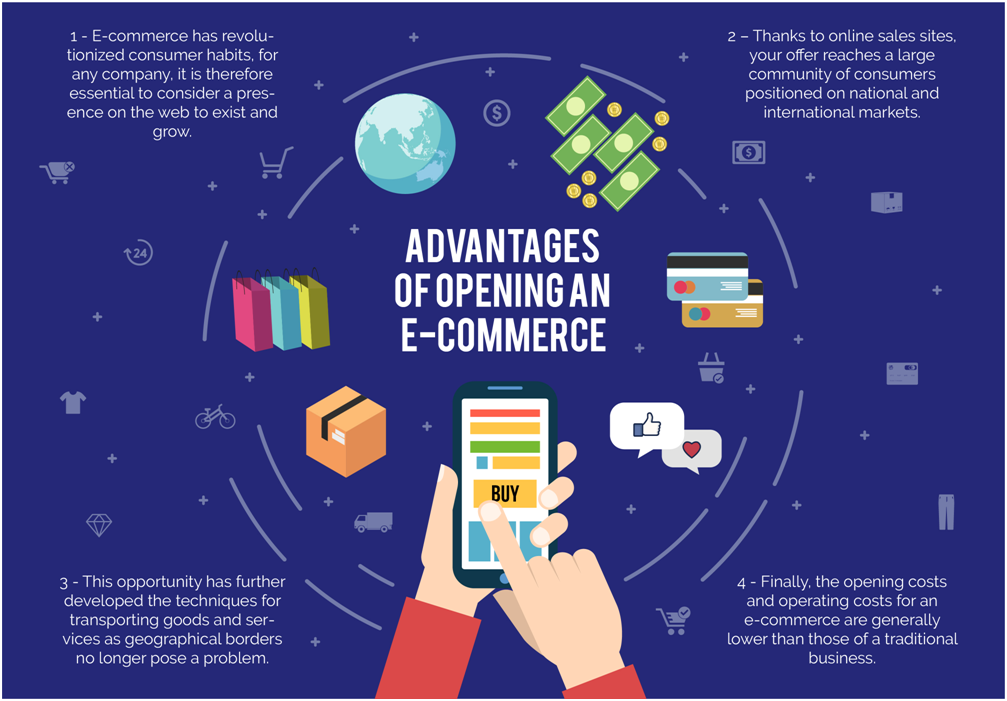2017 proved to be a landmark year in terms of e-commerce. Not only did these digital systems extend their reach into nearly every facet of the business community, but they were also heavily adopted by start-up firms. We are now witnessing what can only be called a revolution in the industry and 2018 has already seen a number of unique advancements. This is particularly relevant to niche sectors such as warehousing and logistics, as companies need to be more aware of their client relationships than ever before. What trends are expected to emerge in the near future and how will these transform the shipping and manufacturing market?

Advanced Solutions for Advanced Needs
Traditional ecommerce platforms tended to be rather rudimentary in regards to the scope of their functions. Ultimately, they were solely designed to aid during the checkout process. There is no doubt that this is still an important role. However, other technological innovations are beginning to take centre stage.
One recent development involves the role of artificial intelligence (AI). Consumers are looking for a more personalized experience than ever before and AI will help to satisfy this requirement. It has been shown that 81 per cent of clients now desire shipping firms (and brands in general) to appreciate their needs so that the interactive process can become more streamlined (1). Innovative algorithms such as chatbots and intelligent pricing will help achieve these goals.
Social media feedback is becoming equally critical. While this might sound strange in reference to warehousing and storage solutions, it is still quite important to be able to communicate with all customers. The real-time feedback offered by such portals will provide management with invaluable information; enabling them to address minor logistical issues before they become major stumbling blocks.
Mobile-Friendly Integration
Many customers are now accessing websites while away from the traditional office environment. This is great news in terms of client engagement and yet, firms which are unable to adapt to this paradigm shift will inevitably be left in the dark. E-commerce software must be provided with a mobile-friendly edge so that common variables such as billing and shipping times can be displayed as they would through the use of a static computer. Some experts even feel that the day may come when laptops and personal computers will no longer be relevant within the world of e-commerce.
This is why cloud-based providers such as Shopify have gained prominence in recent years. By presenting malleable solutions that can be moulded around the needs of a host of different industries, implementation and integration will no longer present concerns. User-friendly software packages and accurate inventory management are only two of the numerous benefits associated with these solutions. Unlike some other products, even those with hardly any previous experience can leverage the advantages of this software.
The remainder of 2018 is set to once again redefine the world of e-commerce, so staying one step ahead of the game is the best way to leverage such amazing digital supremacy.
Sources:




Comments are closed.